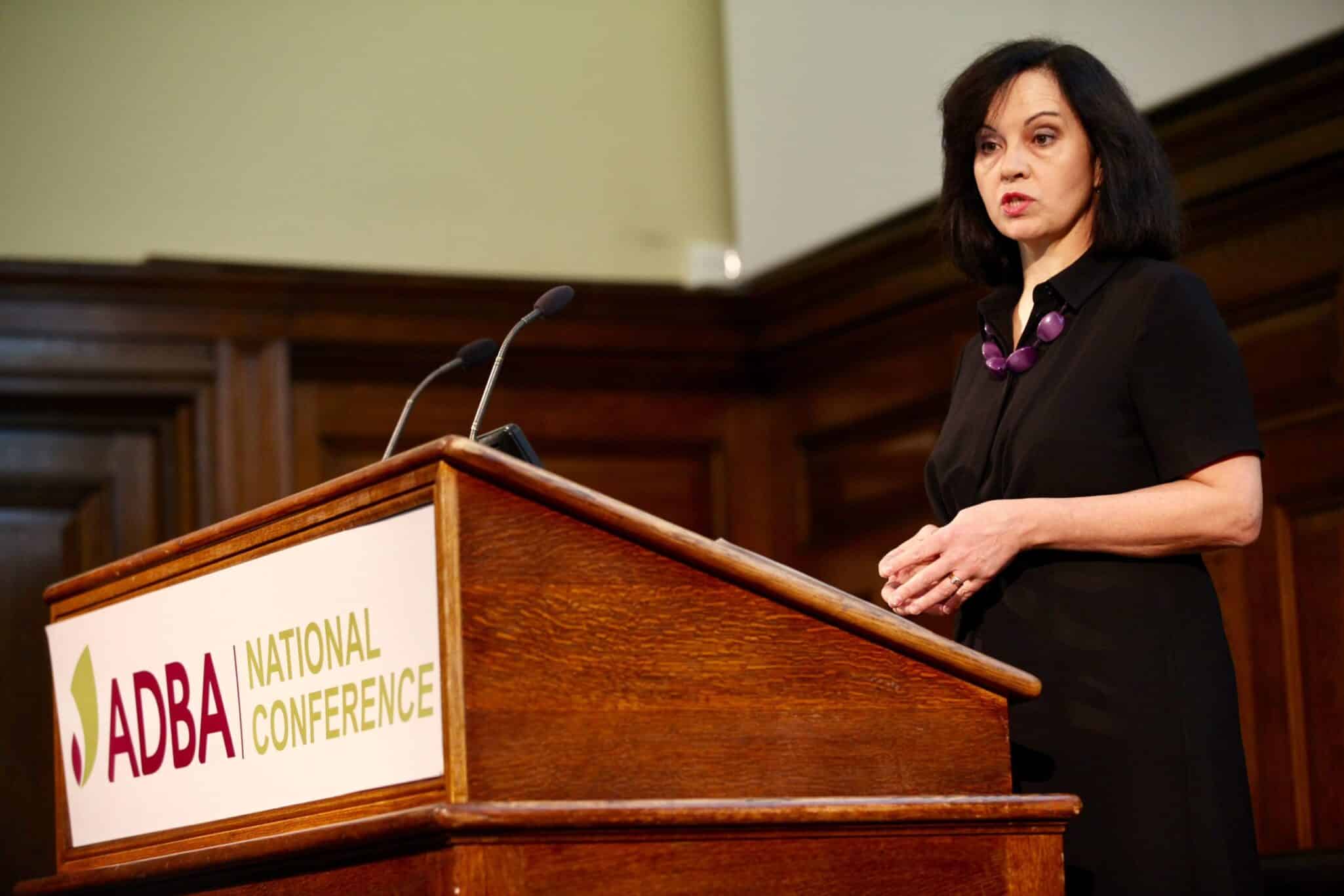ADBA welcomes Energy Minister's Announcement of Green Gas Support Scheme extension plans as a significant…

Caroline Flint MP sets out four-point plan for UK’s green gas future
Former Shadow Secretary of State for Energy and Climate Change Caroline Flint MP has set out her four-point plan for the UK to realise the potential for green gas. Speaking at the Anaerobic Digestion and Bioresources Association’s National Conference in Westminster yesterday [8 December], Ms Flint said that more attention is needed on heat policy, and that:
Green gas should be an integral part of the Government’s long-term energy strategy.
The four key policy proposals suggested by Ms Flint are:
- Helping local communities to see waste as an opportunity
- Making long-term investment decisions
- National and local coordination on food waste collections, and green gas infrastructure
- Backing biogas for use in transport
Explaining the advantages of green gas in heating, and the success of Vulcan Renewables’ biomethane plant in her constituency, Ms Flint said:
Replacing natural gas from Qatar with green gas from Doncaster – who could object to that?
ADBA Chief Executive Charlotte Morton agreed, calling for the government to legislate for separate food waste collection in England and take key decisions on renewable heat and electricity support.
Earlier in the conference, Matthew Bell, Chief Executive of the Committee on Climate Change, outlined the role AD can play in meeting the UK’s carbon budgets, by providing green gas in homes, low carbon power, efficient fertiliser use, greener HGV fuel, and reduced emissions from waste.
Mr Bell said:
“AD can feed into both the UK government’s Emissions Reduction Plan and Industrial Strategy”, the two key documents likely to emerge from BEIS in the New Year. He said that the department would need “closely connected” thinking between the Plan and Strategy to ensure they deliver against the 5th Carbon Budget.
Reducing emissions from transport, which have been broadly flat since 1990, was described by Mr Bell as “a big question for the BEIS Emission Reduction Plan”.
